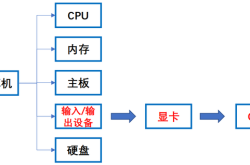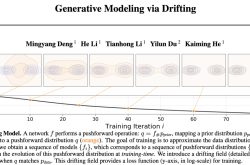Microsoft, Suddenly Under Investigation?
![]() 12/02 2024
12/02 2024
![]() 456
456
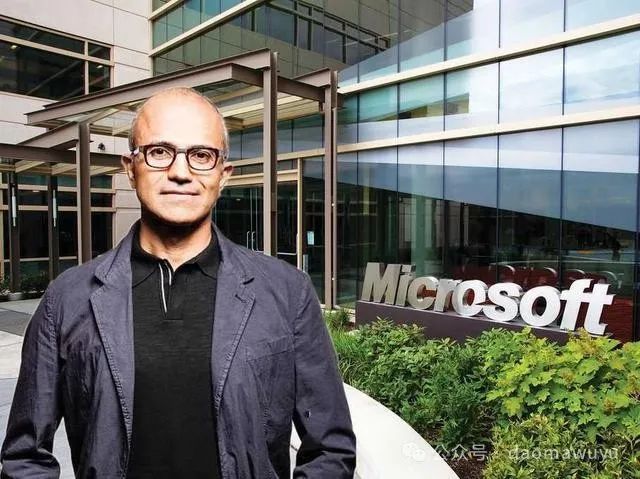
As we all know, Microsoft has achieved outstanding performance since Satya Nadella took over, especially in its collaboration with OpenAI. This has significantly accelerated the development of its main business with the support of AI, and its market value and performance have been widely recognized. Microsoft's market value once reached the top globally, although later surpassed by Apple and NVIDIA, it still ranks among the top three. Microsoft's position as a global leader remains very solid.
Microsoft's main business has grown steadily and has been recognized by the market. However, recently, there have been sudden reports that the Federal Trade Commission (FTC) has initiated an antitrust investigation into Microsoft, involving cloud computing services and software licensing. After more than a year of informal interviews with Microsoft's competitors and business partners, antitrust enforcement agencies have formulated a detailed request, demanding that Microsoft hand over information related to cloud computing and other relevant fields under investigation.
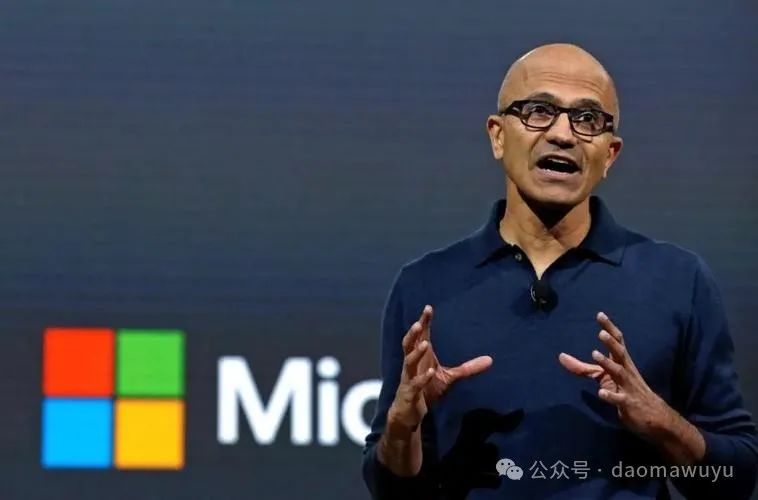
It is reported that the current focus of the FTC's investigation is on Microsoft's bundled sales of office software, security software, and cloud computing products. For example, Microsoft's identity verification solution application is supposed to help users verify and log in to their cloud software, but Microsoft's relevant licensing terms and the bundling of verification applications with cloud services have caused dissatisfaction among some of Microsoft's competitors who provide identity verification and network security services. They have expressed to the FTC that this makes it difficult for them to compete with Microsoft.
It can be said that the investigation into Microsoft stems from competitors' concerns about Microsoft's use of its industry-leading advantages to set certain barriers, which are obviously detrimental to competitors. This is when corresponding accusations and complaints arise. We have also noticed that Microsoft has faced considerable challenges this year. In July, a massive global paralysis of aviation, banking, and media institutions resulted from issues with Microsoft's Windows system updates. Airports, banks, media, hospitals, transportation services, and retail checkout systems in countries such as the United States, the Netherlands, Germany, Australia, South Africa, Japan, and Belgium were affected, causing varying degrees of economic losses to various industries globally.
The blue screen incident caused global uproar and further posed a severe test to the stability and security of Microsoft Windows. Although this incident was primarily triggered by an error in the upgrade of a security software program equipped with Microsoft's Windows system. This software, named "Falcon," is a product of the software development company "CrowdStrike." Microsoft stated that approximately 8.5 million Windows system devices were affected. According to CNN, professionals estimate that the economic losses caused by this incident could exceed $1 billion. Additionally, some national airlines have already filed lawsuits against Microsoft seeking compensation.

Furthermore, OpenAI, supported by Microsoft, was sued by five major Canadian news publishers on November 30 for alleged copyright infringement. The publishers accused OpenAI of scraping content without permission to train AI products such as ChatGPT. Previously, The New York Times also sued OpenAI on similar grounds, accusing it of using millions of copyrighted articles to train AI models. Microsoft is a significant investor in OpenAI.
It can be said that the FTC's decision was made after a lengthy investigation. It is reported that FTC antitrust lawyers will also meet with Microsoft's competitors next week to collect more information about Microsoft's business practices. A key focus of the current investigation is whether Microsoft bundles its popular office products and security software with cloud products. The FTC believes that Microsoft's cybersecurity vulnerabilities and its influence as a government contractor are examples of the company's problematic market influence.
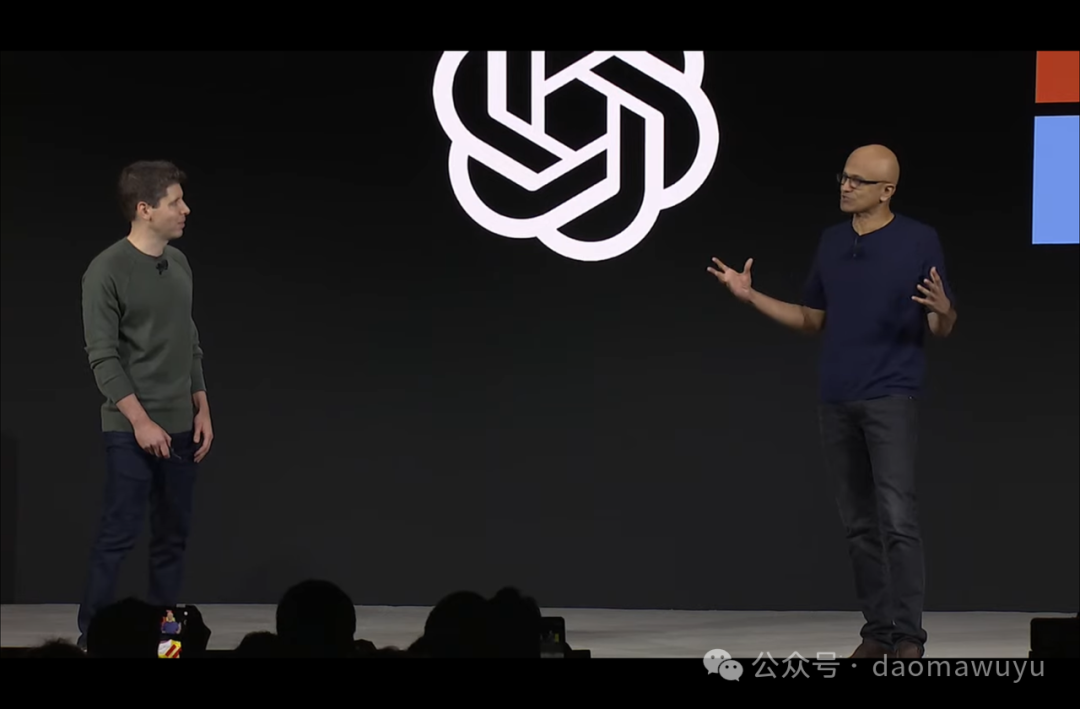
In fact, as early as 1999, the United States Federal Court ruled that Microsoft illegally used its market advantage in the Windows operating system to crowd out competing browsers, including Netscape Navigator. The settlement agreement in 2001 forced Microsoft to stop disadvantaging competitors in the personal computer business. In June 2000, the court issued a formal ruling requiring Microsoft to stop bundled sales and planned to split the company into two: one operating the operating system business and the other operating other software businesses. After initially losing the case, Microsoft appealed and eventually reached a settlement with the U.S. Department of Justice, avoiding the split but paying substantial settlement fees and opening some source code.

Microsoft has also faced similar scrutiny in Europe. The UK's Competition and Markets Authority is investigating whether Microsoft and Amazon, as user complaints allege, have attempted to prevent users from choosing other service providers through exclusive discounts and high "exit fees." In July this year, Microsoft reached multimillion-dollar deals with multiple cloud service providers to avoid a formal investigation by the European Union. As we all know, cloud services and related infrastructure are now one of the most profitable businesses for tech giants, and the demand for processing power to train and run AI models has further fueled this trend. Corporate investment in cloud services surged to $561 billion in 2023, and according to Gartner, related investments are expected to continue to increase to $675 billion and $825 billion in the next two years. Currently, Microsoft holds a 20% share of the global cloud market, lower than Amazon's 31% but higher than Google's 12%. If penalized in this area, it will have a certain impact on Microsoft's development. However, generally, the response and investigation time for such lawsuits is very long, and most of them will eventually reach a settlement after paying certain compensation.

